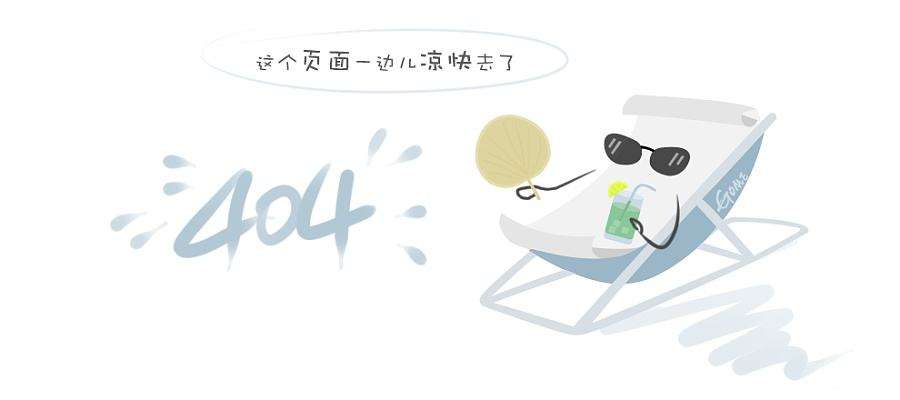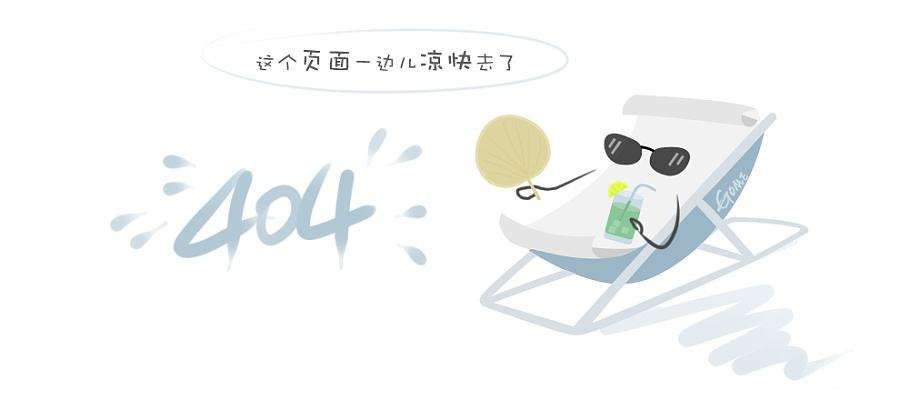get started with lidar toolbox -凯发k8网页登录
lidar toolbox™ provides algorithms, functions, and apps for designing, analyzing, and testing lidar processing systems. you can perform object detection and tracking, semantic segmentation, shape fitting, lidar registration, and obstacle detection. the toolbox provides workflows and an app for lidar-camera cross-calibration.
the toolbox lets you stream data from velodyne® lidars and read data recorded by velodyne and ibeo lidar sensors. the lidar viewer app enables interactive visualization and analysis of lidar point clouds. you can train detection, semantic segmentation, and classification models using machine learning and deep learning algorithms such as pointpillars, squeezesegv2, and pointnet . the lidar labeler app supports manual and semi-automated labeling of lidar point clouds for training deep learning and machine learning models.
lidar toolbox provides lidar processing reference examples for perception and navigation workflows. most toolbox algorithms support c/c code generation for integrating with existing code, desktop prototyping, and deployment.
tutorials
this example shows how to read a point cloud into the workspace, select a desired set of points, and then write the selected points to a point cloud file format.
read lidar data from a pcap file by using the
velodynefilereaderfunction.- match and visualize corresponding features in point clouds
this example shows how to match corresponding features between point clouds using the
pcmatchfeaturesfunction and visualize them using thepcshowmatchedfeaturesfunction.
this example shows how to estimate a rigid transformation between two point clouds.
about lidar processing
high-level overview of lidar concepts and applications.
- what is lidar-camera calibration?
fuse lidar and camera data.
understand point cloud registration and mapping workflow.
learn point cloud processing using deep learning.
featured examples
videos
a brief introduction to the lidar toolbox.
an introduction to lidar camera calibration functionality, which is an essential
step in combining data from lidar and a camera in a system.
learn how to use a pointpillars deep learning network for 3-d object detection
on lidar point clouds.
build a system that can issue collision warnings based on 2-d lidar scans in a
simulated warehouse arena.


